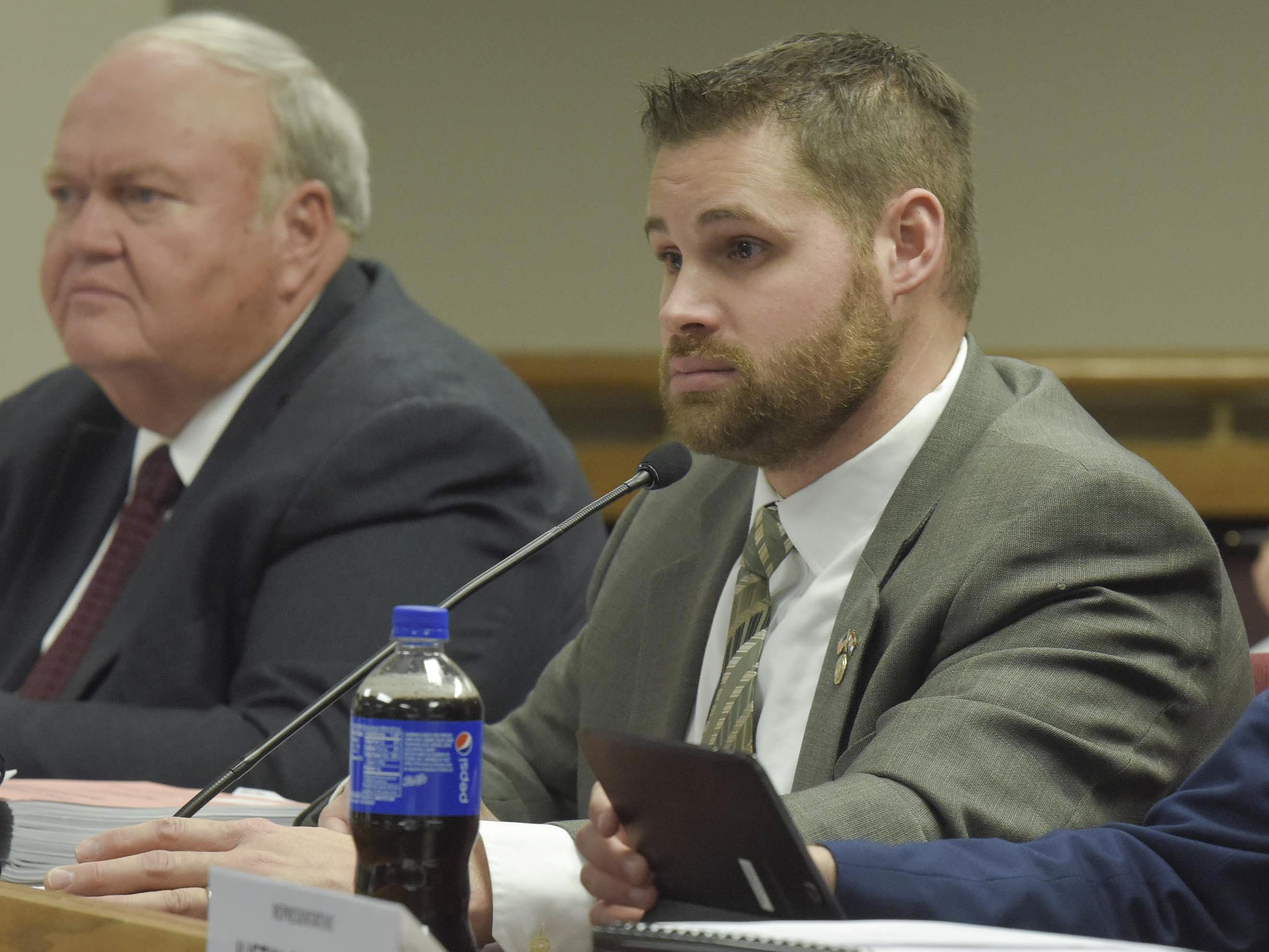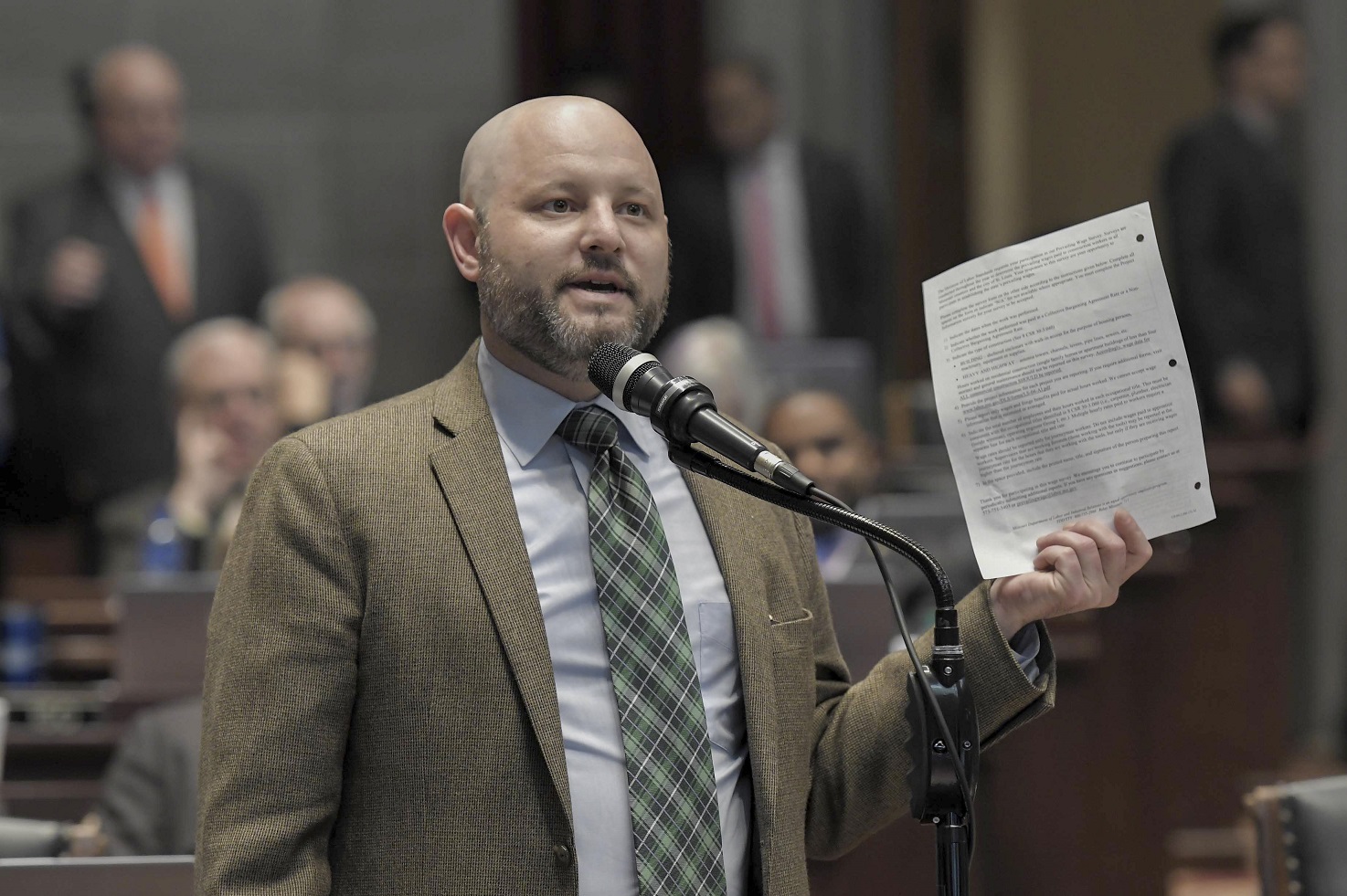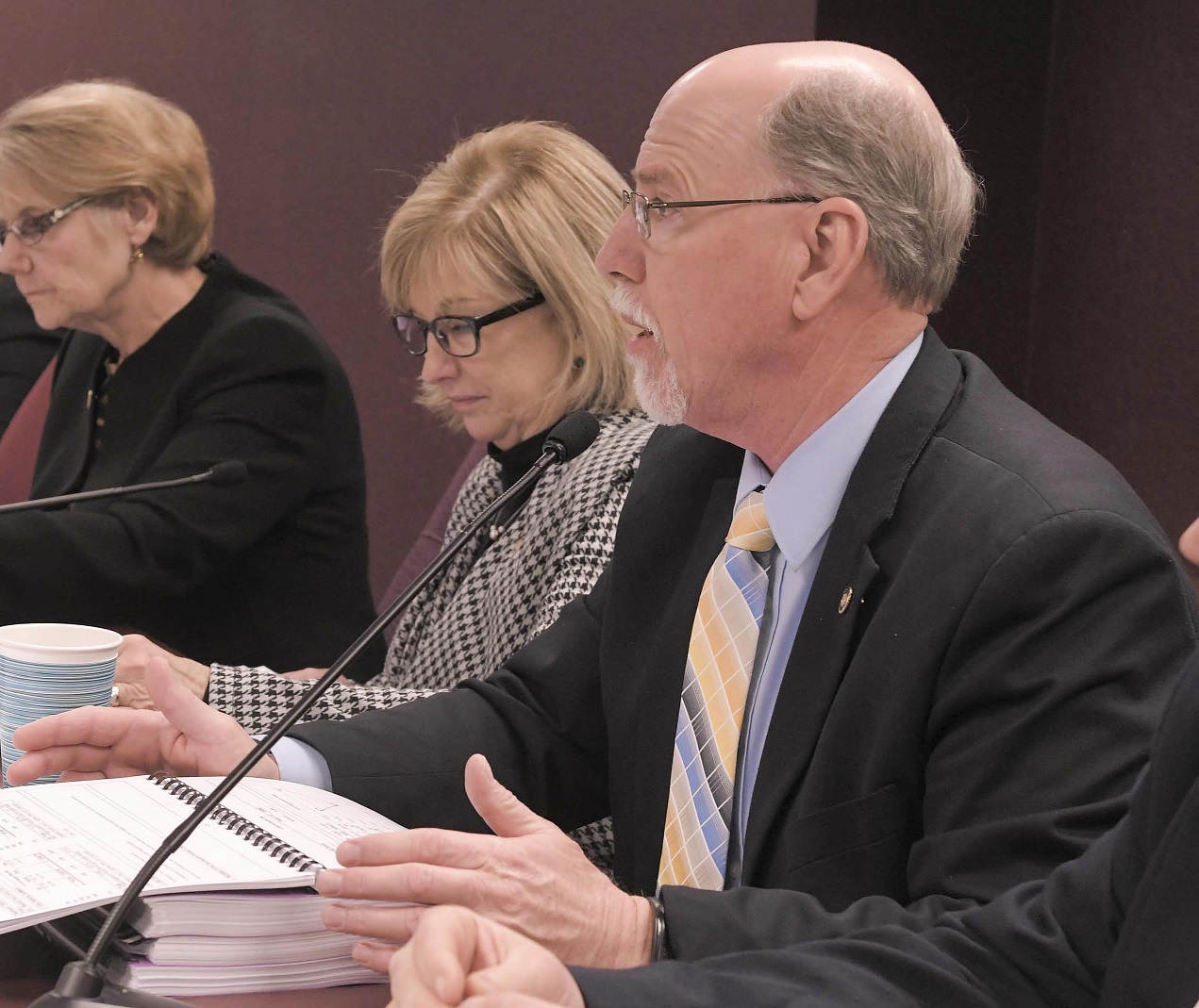A bill that would update Missouri’s sex offender registry has been sent to the state Senate.

House Bill 2042 would classify the registry’s offenders into three tiers based on their offenses: less-serious offenses would land an offender on the first tier, with those on the third tier having committed the most serious offenses. Those on the first tier could petition the courts to be removed from the registry ten years after being placed on it. Those on the second tier could petition after 25 years; those on tier three would remain on the registry for life. Those who commit additional sex crimes or felonies while on the registry also could not petition for removal.
The bill’s sponsor, St. Charles Republican Kurt Bahr, said for some offenders to have the opportunity to come off of the registry will strengthen it, while giving those offenders a better chance at getting quality employment and jobs and put them at less risk of re-offending.
The bill was passed out of the House 144-2. Bahr was surprised at the broad support it received.
The legislation’s supporters include the Missouri Attorney General’s Office, the Missouri Association of Prosecuting Attorneys, and the Missouri Association of Criminal Defense Lawyers.
Bahr is optimistic that HB 2042 will have enough support to get through the Senate if that body chooses to move it before the session ends in May.

The bill’s broad bipartisan support includes Liberty Democrat Mark Ellebracht, who said lawmakers and the public are seeing now that the registry has been in place for years, what needs to be changed about it.
Ellebracht believes there are potential constitutional issues with the legislation that will have to be addressed in the Senate, but he supports the concepts in the bill, including an amendment that broadens prohibitions on sex offenders participating in Halloween-related events.
The bill also requires anyone on the registry who is convicted of child molestation in the first degree to be electronically monitored if he or she moves to a different county or city not within a county until that move is completed.
The Senate has referred the bill to its committee on Civil and Criminal Jurisprudence.
Earlier story:
Missouri house considering reform of state’s sex offender registry
HB 2042 would also broaden background checks on childcare workers. It includes the same language found in House Bill 2249, which has also been sent to the Senate.
